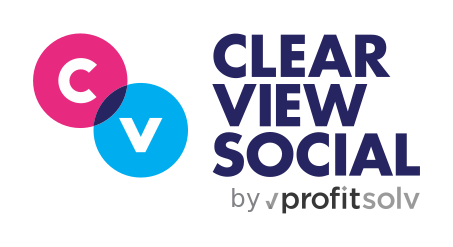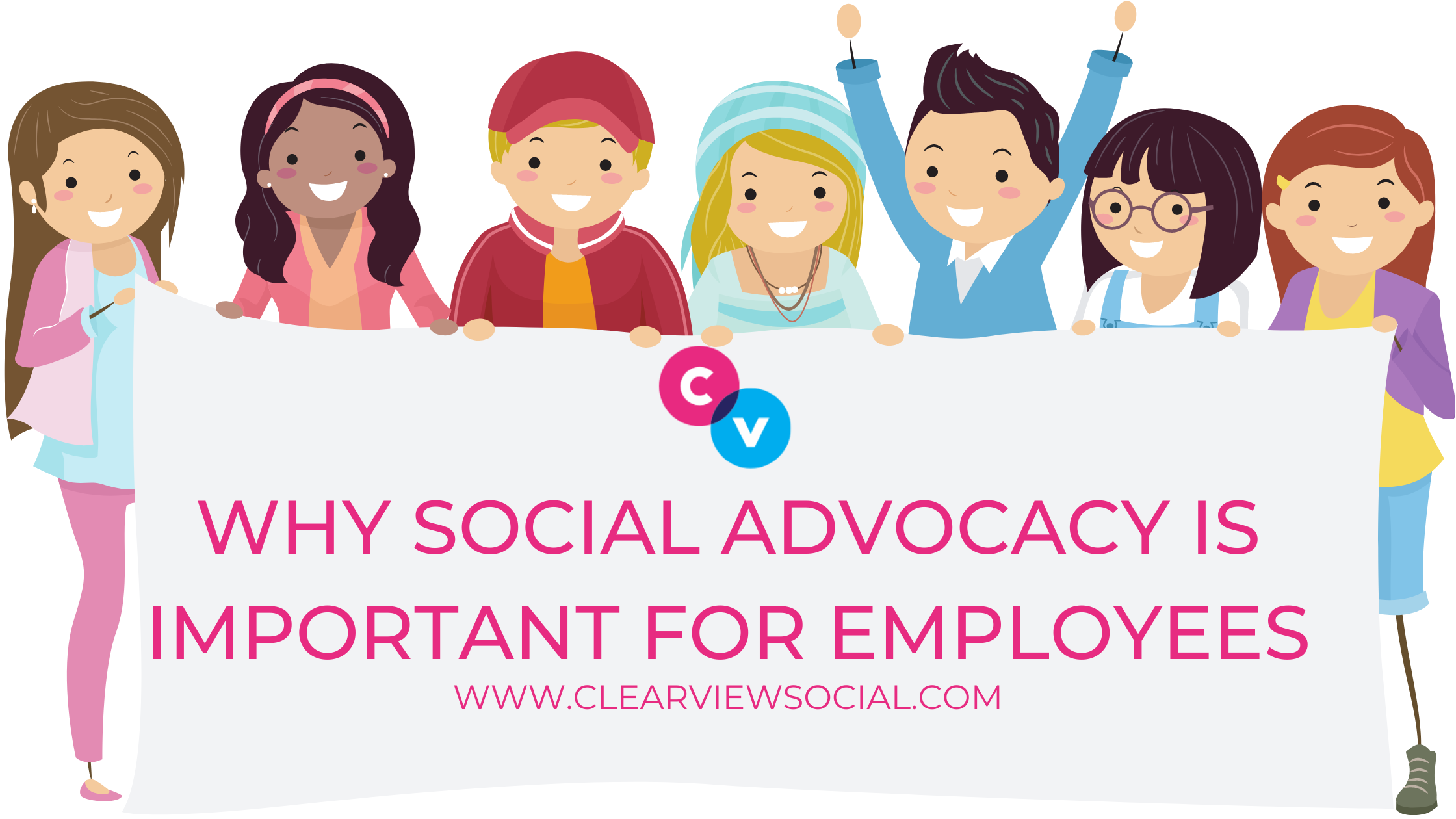As originally seen on Forbes
Social advocacy, or employee advocacy, as it is otherwise known, has begun to gain acceptance as an essential part of the social media marketing mix. It’s the best option for building up your company’s social media presence and getting eyes on company content in this massive race that is going on online.
Not to mention, it brings in business, helps with hiring, and causes a massive awareness spike.
So every company wants social advocacy, but is it good for the employee?
Often, when helping a firm start up a social advocacy program, the employees are anywhere from excited to hesitant to downright obstinate. A common concern that was here is, “why would I share company content to my personal business network?” These reactions are fair; employees have worked hard to build out their network and relationships. But today, I’m here to tell you that social advocacy and the sharing company content doesn’t just help the company; it helps the individual.
Become An Expert
Sharing useful content on a consistent basis can help employees build their reputation as thought leaders, and inevitably help them be seen as experts in their field. A great employee advocacy program at your company creates tool and visibility that will encourage content creation by employees, especially when it will help them establish themselves as important players in their given field. One big concern from companies is, “what if I turn some of my key people into thought leaders and experts and they leave the company?”
That’s the wrong question, the right question is, “what if they don’t become experts and stay?” More influential employees at your business can only make you stronger, and will make the job more of a career with growth potential for those experts.
Build an Audience
One of the best things about social advocacy is the cross-pollination. The employees who are posting, will gain connections and build their network just by sharing and having content re-shared by other employees and by the company page. When the tide rises, all the ships rise, and that is certainly the case with social advocacy. Everyone wins when multiple employees are engaged in social advocacy because of the shared audiences. This allows people who wouldn‘t typically be aware of the experts at your company and what they do and allows them to learn about them. Over time and consistent sharing, more and more people will start following you and requesting to connect with you.
Are your employees competitive? I’ve asked this question to thousands of firms, and it’s funny, 98% of US based companies and firms say their people are very competitive, but when I ask this question to Canadian firms they push back about 50% of the time and say “we are collaborative, not competitive,” but either way visibility and awareness around participation can help create a big boost in participation.
With Clearview Social, we provide a leaderboard that helps companies run monthly competitions – and we find this to be very useful. Unsurprisingly, when there are actual awards given (gift cards, PTO, or novelties prizes), we find there is a huge boost in participation. Employees want to know “what’s in it for them?” Competitions and gamification can be a big help with that.
I understand the hesitancy of employees to join in on your company’s social advocacy campaign, I really do. But, overall, it’s a win-win. It isn’t the employee’s job to organically come to this conclusion, either. This all starts with the executives of the company and their example. The companies I see that have executive buy-in and participation around employee advocacy dramatically out-perform those that don’t.
Make it a priority and any company can turn social advocacy into a powerful force for driving massive awareness in your marketplace.

